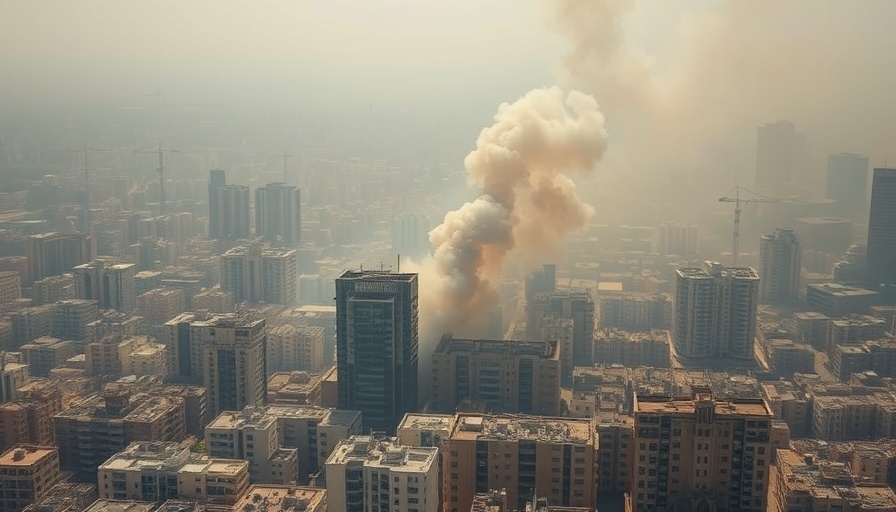
Understanding the Shift in Israeli Tactics
In a startling turn of events, Israel has opted for airstrikes in Gaza after the Mossad, Israel's national intelligence agency, reportedly declined to execute a ground operation against Hamas leaders residing in Qatar. This decision has raised questions about the effectiveness of intelligence operations in the ongoing conflict.
The Importance of Intelligence in Military Strategy
Intelligence operations are crucial in military strategy, particularly when targeting leadership in terrorist organizations. The choice to rely on airstrikes rather than a more nuanced ground approach could suggest either a lack of confidence in intelligence findings or a strategic pivot in response to evolving threats. During the years of conflict with Hamas, leaders have often been difficult to track and target, which complicates operational decisions.
Risk Factors and Challenges in Targeting Hamas Leadership
Targeting Hamas leaders is fraught with significant challenges, including potential civilian casualties and international backlash. Each strike aims to dismantle operational capabilities yet carries consequences, including the risk of deepening ties between communities in Gaza and Hamas. The Mossad's hesitance to engage directly in Qatar highlights these dilemmas — balancing the need for action with ethical considerations in conflict situations.
A Broader Context: The Role of Qatar in the Conflict
Qatar has positioned itself as a mediator in the Israeli-Palestinian conflict, providing financial assistance to Gaza while also hosting Hamas leaders. This complicates Israel's operational decisions. Public opinion towards Qatar's involvement swings between viewing the nation as a supporter of terrorism to recognizing its unique position as a potential peace broker.
Future Predictions: What Lies Ahead?
The reliance on airstrikes may indicate a shift towards more aggressive forms of military engagement. The consequences of these decisions could play out in multiple ways, including the possibility of escalated violence or a renewed cycle of conflict, as both sides weigh their options. Humanitarian implications for the civilian population in Gaza must also be at the forefront of discussions among Christian and humanitarian advocates worldwide.
Lessons for International and Christian Communities
For communities focused on social justice, this conflict invites reflection on the broader dynamics of military engagement within humanitarian frameworks. Understanding the geopolitical landscape through a theological lens can aid in fostering dialogue about peace and reconciliation. Moreover, as Christians responding to global issues, it is essential to engage in advocacy for practices that align with principles of justice and compassion.
 Add Row
Add Row  Add
Add 








Write A Comment